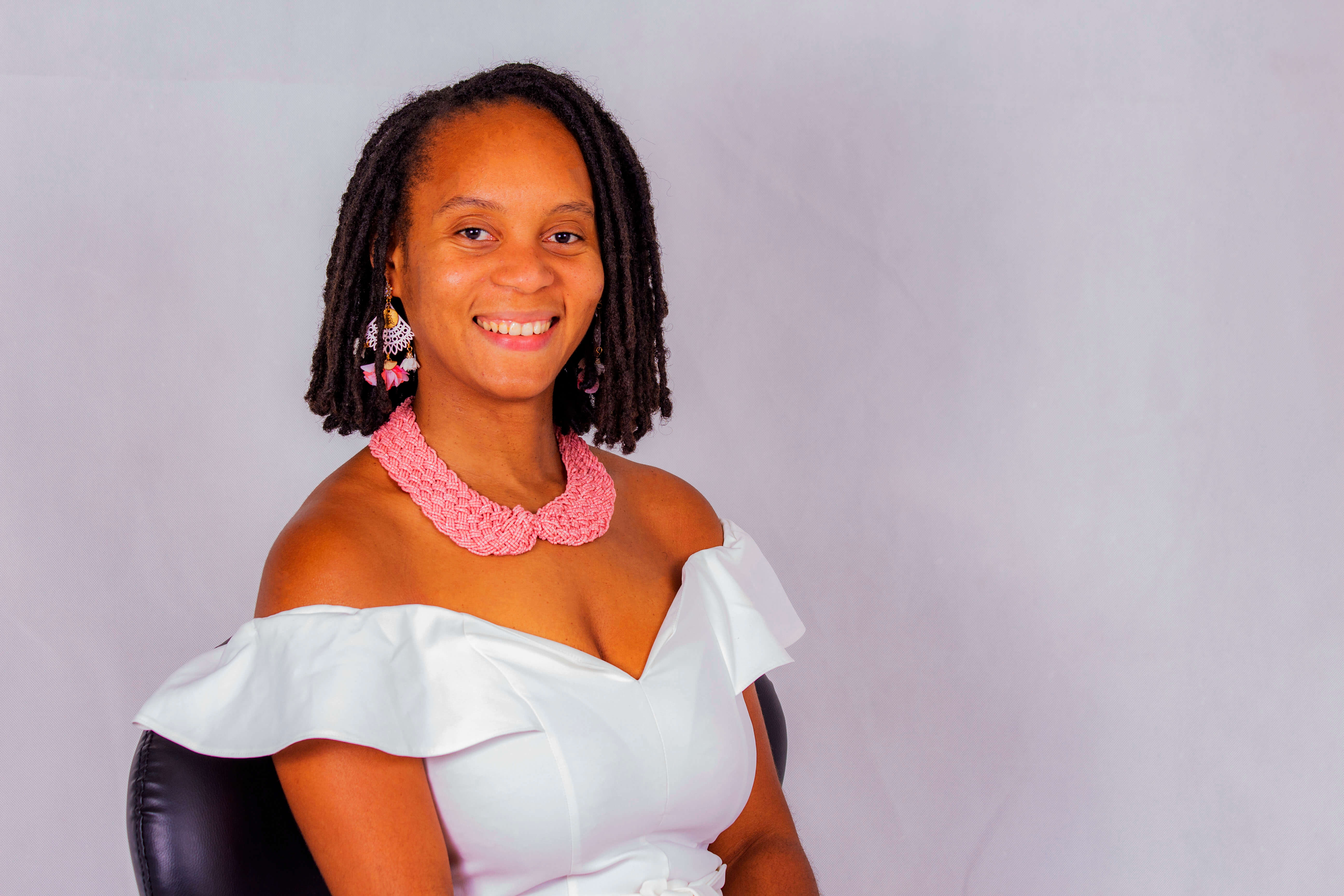WHEATLEY, Dr Amber
British Virgin Islands - Family Doctor

Tell us about life in the British Virgin Islands.
The British Virgin Islands (BVI) is a British Overseas Territory in the Caribbean. It's made up of over 60 islands, rocks, and cays and has a population of roughly 35,000 people. The BVI population is spread across 4 main islands with some private islands, and a small proportion of the population living on boats. The geography of the BVI heavily influences the healthcare environment. The main island Tortola has the international airport, the only hospital, and all the specialist clinics. I live and work on Virgin Gorda which is the second most populated and I also do some stints on Anegada, our most remote island.
What does a typical workday look like for you?
Iris O'Neal Clinic on Virgin Gorda is unique even among the other primary care centers in the BVI. We double as both an emergency department, with limited staff and resources, and a primary care clinic with the same staff and resources. As a result my typical work day is literally all over the shop. I work shifts including and overnight shift and can see anything from coughs and colds to serious injuries following accidents to mental health crises to appendicitis all within the same few hours. Usually my work day starts with me greeting all the staff to let them know I'm in, making a cup of tea, putting on some relaxing music to give a (false) sense of calm, and waiting to see what chaos the day brings. I can also end up supporting the nurse-led clinic in Anegada via telemedicine as well.
What are some of the main challenges?
The challenge with working in the BVI is that we are short staffed everywhere, there are limited resources, and access to the hospital is an issue. From Virgin Gorda, it's by boat and the success of the journey is dependent on the weather conditions. For Anegada, it's by plane which again is dependent on the weather and availability of a pilot and plane. Either way, it's a huge cost to the patient and requires a lot of resources especially if the person being transferred is critical.
What do you love about working there?
What I love about working in the BVI is that I get to work in my home town. Knowing the population so intimately gives me a lot of insight when patients come to the clinic with various problems. I also enjoy educating people on how to look after themselves, especially if I can incorporate some of the home remedies we grew up with, like various bush teas and oils. I do also enjoy the challenge of delivering evidence-based, standardised care when we're operating with a skeleton staff and limited supplies. I often find I have to think about things that other physicians won't. For instance, if I'm transferring a patient, how will their relatives be able to get home after? What is the weather forecast and would it be safe to transfer? How should I manage this patient so that they don't end up having a recurrence of their symptoms when there is no doctor available? The BVI is also a really safe place to work and it's just a beautiful environment. Every morning I get to watch the sunrise over the Caribbean sea.
Can you tell us about your leadership roles, within WONCA or outside the organisation?
I was actively in the Rural Seeds and was a member of the the Rural WONCA executive committee. I I've since retired from the Rural Seeds as I'm no longer a doctor in training, but I do still support both organisations and run the occasional Rural Café at conferences. I enjoyed participating in both organisations because it meant that young doctors had a seat at the table in a way. I do acknowledge that I was very privileged being from and English-speaking and British-dependent country, so it was easier for me to attend conferences and meetings. I am now an active member of the WONCA Working Party on Women and Family Medicine, which has presented new opportunities.
What are you currently working on?
Currently I am working on completing my Masters in Healthcare Management. I am at the stage of coming up with a dissertation and of course will be doing something around rural and remote health in primary care. I also recently started a certificate in drugs in sport with the aim of being able to assist the BVI Olympic Committee with their anti-doping efforts. Apart from that, I'm trying to keep my head above water at work!
Tell us about your interests and passions outside of medicine.
Outside of medicine I teach yoga and pilates and I do medical acupuncture privately. I really love this other aspect of care because it really gives a holistic point of view and it also keeps my days fresh and exciting with different types of challenges. Like guiding my yoga clients into a headstand for the first time. I also enjoy being active and going out with my dog Tilly who I adore.